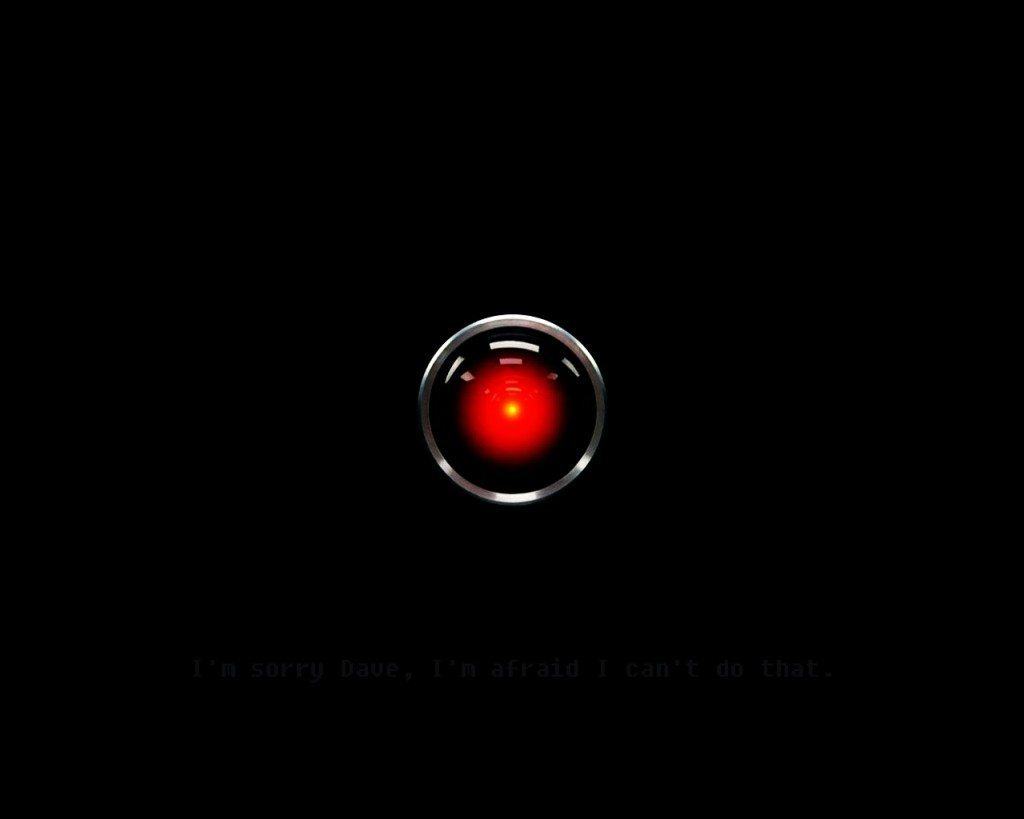The launch of Google Home with smart voice assistant, Google Assistant, was clearly aimed at Amazon’s success in the smart speakers segment with its own Amazon Alexa.
That battle is now out in the open, with both players highlighting their strengths at the Mobile World Congress 2017 in Barcelona this week.
While Amazon already has a partner in Huawei on the Mate 9 that will come with Alexa enabled, MWC 2017 saw Motorola jump on the Alexa bandwagon as well. It looks like we’re going to be seeing a Harman/Kardon Moto Mod for the Moto Z series of smartphones that will effectively be porting the Echo to mobile devices.
Google initially wanted to have Google Assistant solely on its own and partner devices, but the success of Alexa at CES 2017 in early January prompted it to open up to other manufacturers. That gap was all that Amazon needed to push Alexa integration into several markets including automobiles and home appliances.
Alphabet, Google’s parent company, has been struggling to bring the Android ecosystem into some sort of order, but has so far been unsuccessful in that challenging task. The company was hoping that, by bringing GA exclusively for their own devices, they would have more control over Android in terms of what updates are pushed, and how often they’re pushed.
Unfortunately, the aggressive play by Amazon on the Alexa front forced Google’s hand, and the latter is now rolling out GA to a wider audience of Android users on versions 6.0 Marshmallow and 7.0 Nougat.
With Samsung soon coming out with its own smart voice assistant Bixby, and Microsoft letting Cortana out of the cage back in January, this could become a four-way battle.
For now, Amazon has the clear lead simply because of the sheer number of Amazon Echo, Tap and Dot devices sold since they were launched. That lead is being extended dramatically with partnerships spanning multiple industry segments including SaaS (Software as a Service) and IoT (Internet of Things.)
Essentially, all of these are cloud-based software applications that use the power of the cloud and the power of machine learning, and need to be seen as such. The devices are important, no doubt, but even more crucial are the integrations that these software applications will see with devices in the coming months and years.
As such, Amazon’s lead is not going to be broken that easily. Google does have the advantage of a massive Android user base, but Amazon is not a company that will sit around and wait to be disrupted.
The battle is on, and we expect only a handful of competitors to survive in the smart voice assistant space in the long run. Deep pockets will sustain a business for a long time, but true sustainability can only come through large-scale integrations and key partnerships that are aligned towards greater consumer adoption of such technologies.
Thanks for reading our work! Please bookmark 1redDrop.com to keep tabs on the hottest, most happening tech and business news from around the world. On Apple News, please favorite the 1redDrop channel to get us in your news feed.







